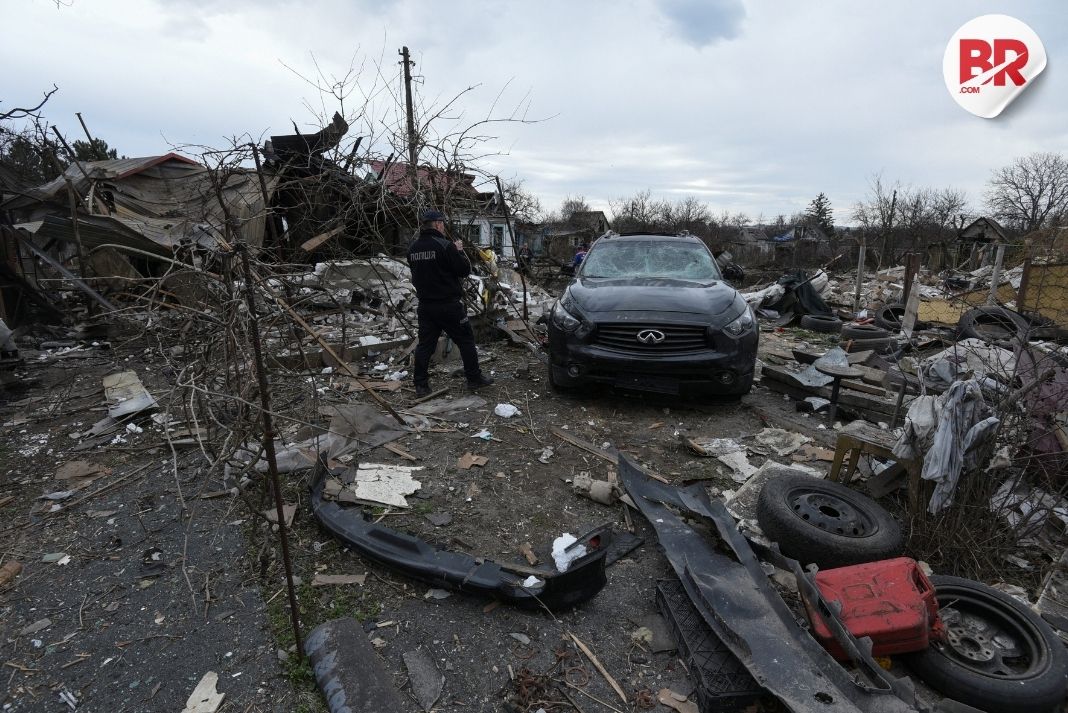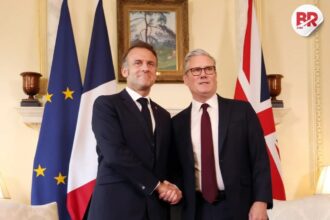
U.S. President Donald Trump has announced that the United States will impose a 30% tariff (extra tax) on goods imported from Mexico and the European Union (EU) starting August 1. He made the announcement through a letter on his social media platform, Truth Social.
Trump said Mexico has helped reduce the number of illegal migrants and fentanyl entering the U.S., but not enough. He accused Mexico of letting North America become a “Narco-Trafficking Playground.”

He also said the European Union has an unfair trade advantage over the U.S. The EU had been hoping to sign a new trade agreement with the United States, but this new tariff announcement has made that uncertain.
More Countries Affected
Trump also sent formal letters to leaders of seven other countries – Algeria, Brunei, Iraq, Libya, Moldova, Philippines, and Sri Lanka – warning them about new tariffs ranging from 25% to 30%. He warned them not to retaliate.
Also Read: India Refuses Tariff Cuts on Dairy and Wine Products, Stalling Trade Talks with Australia
Earlier this week, Trump announced more tariffs:
- 50% tariff on copper
- 25% tariffs on various products from Japan, South Korea, Canada, and Brazil
- Tariffs of 25% to 40% on goods from Indonesia, Bangladesh, Thailand, South Africa, and Malaysia
The White House said these are “custom trade plans” created specifically for each country.
Read more: Trump’s 50% US Tariffs Hit Copper and Brazil Starting August; Will India Feel the Heat?
Impact on Markets
European stock markets reacted negatively. On Friday, the Stoxx Europe 600 Index fell by 1%, its biggest drop in three months.
- Luxury brands like Kering SA and Moncler SpA were hit hard.
- Banks, like DNB Bank ASA, also saw large losses.
- However, energy companies like BP Plc performed better.
Trump also mentioned the possibility of a 35% tariff on some Canadian goods, and possibly more tariffs on other countries.
U.S. – Bangladesh Trade Talks End Without Final Decision
Trade talks between the U.S. and Bangladesh ended without a final deal. After three days of discussions, some issues were resolved, but others are still open.
Officials said they would continue inter-ministerial discussions, and more meetings would be held soon. Talks may happen virtually or in person.
Bangladesh’s Commerce Adviser Sheikh Bashir Uddin and Security Adviser Khalilur Rahman said they are hopeful a positive agreement will be reached in the near future.












